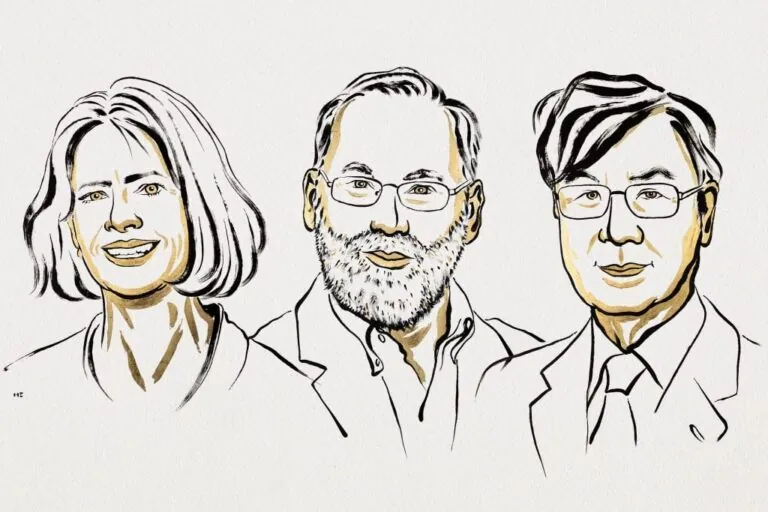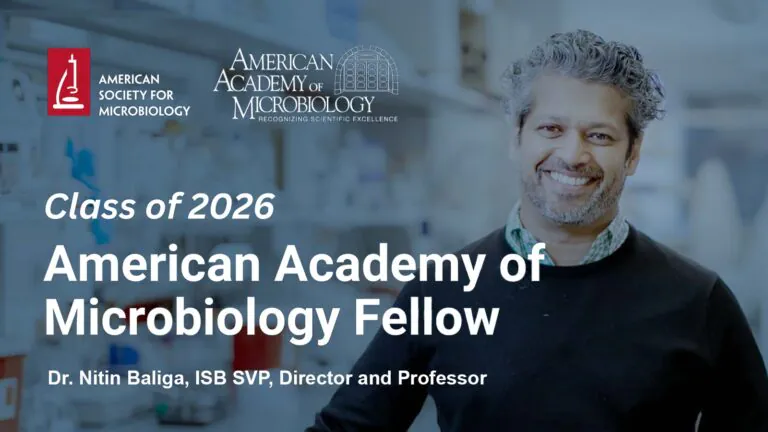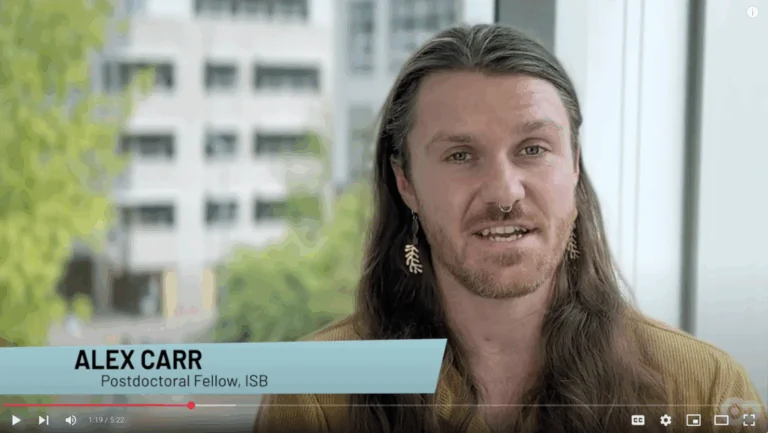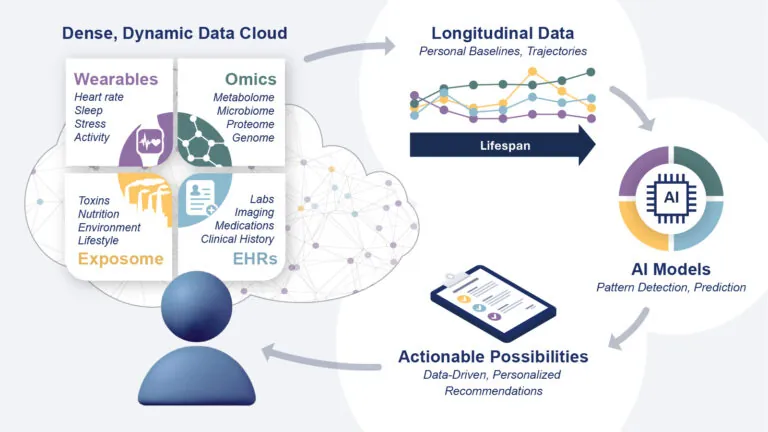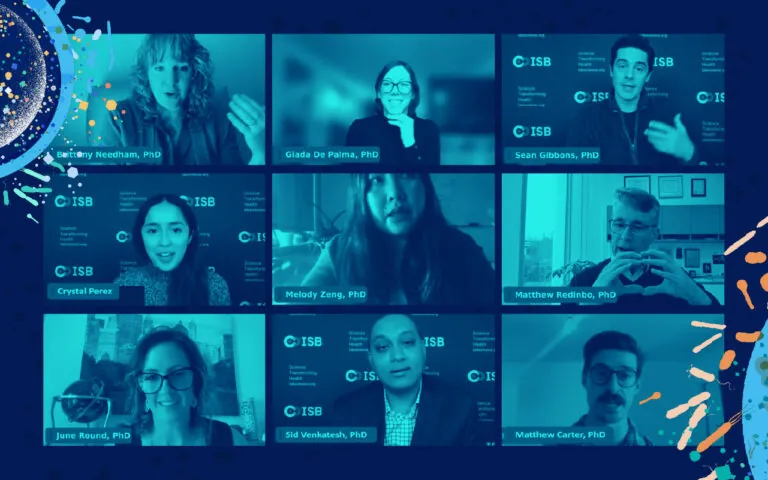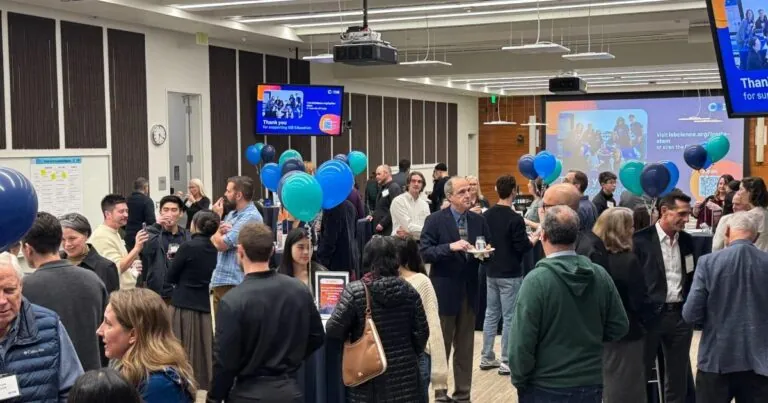
ISB’s Dr. Mary Brunkow Wins 2025 Nobel Prize in Physiology or Medicine
The prize recognizes foundational discoveries about regulatory T cells and the FOXP3 gene that redefined immune tolerance and opened avenues to treat autoimmune disease, enable transplantation, and advance immuno-oncology. ISB celebrates Dr. Brunkow’s leadership and collaborative science.
